Long-hidden secrets are revealed as a Palestinian family gathers for a wedding in Gallilee, in the north of Israel. Daughter Hajar (Hafsia Herzi), youngest sibling of five, has come home from studying abroad with an Anglo-Saxon, Christian boyfriend (Tom Payne). If that wasn’t enough, when patriarch Abu Majd (Makram Khoury) drops into a coma, there’s a clamor to sort out his legacy and open hostilities begin; while the war between Israel and Lebanon is in the backdrop of this one family’s battlefield. The directorial debut of popular Palestinian actress Hiam Abbass (Munich, The Syrian Bride), Inheritance announces the emergence of a major new directorial talent.
















